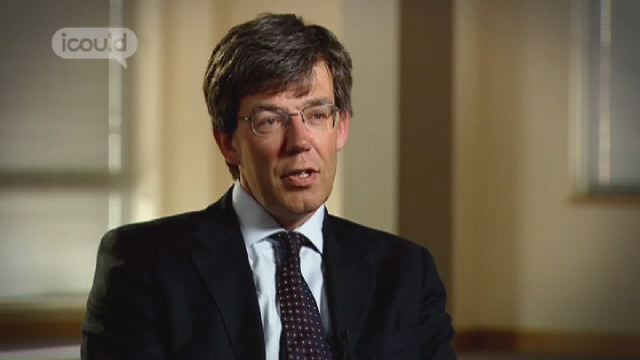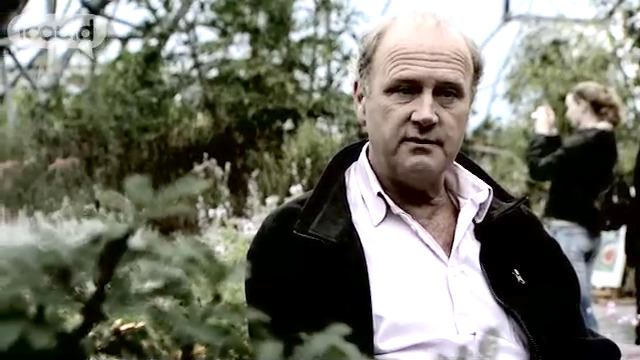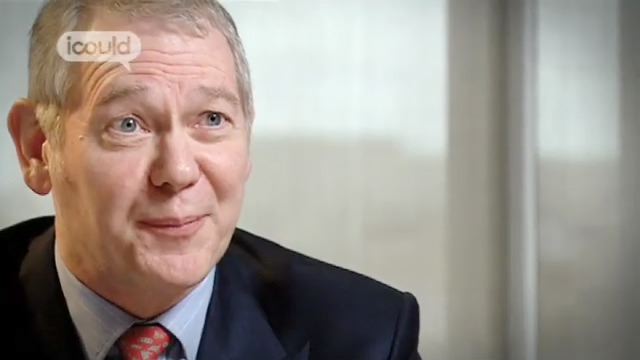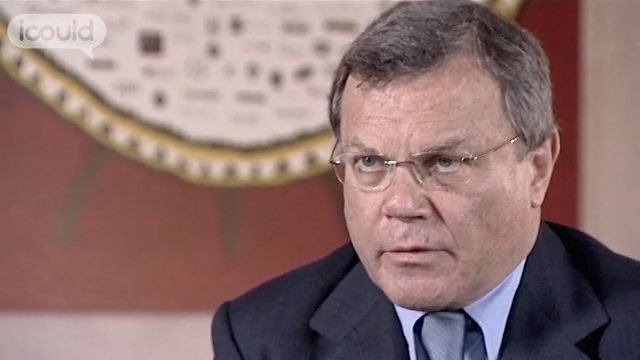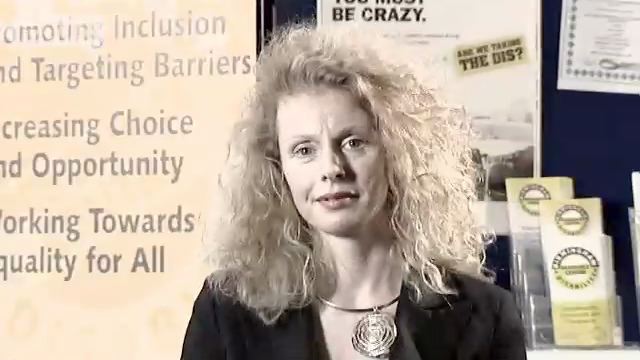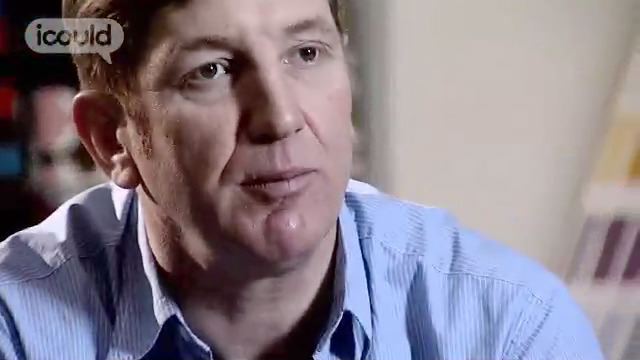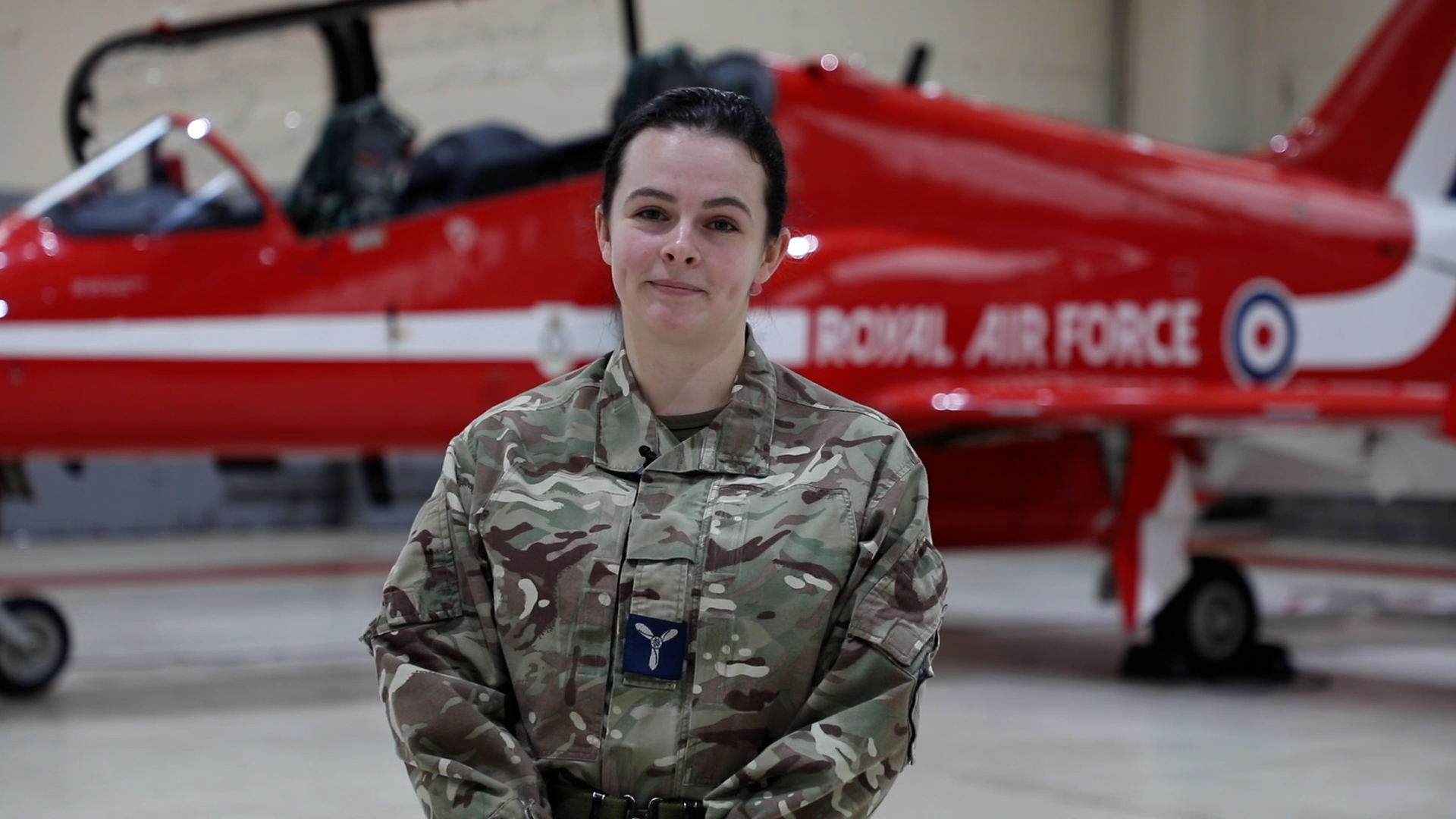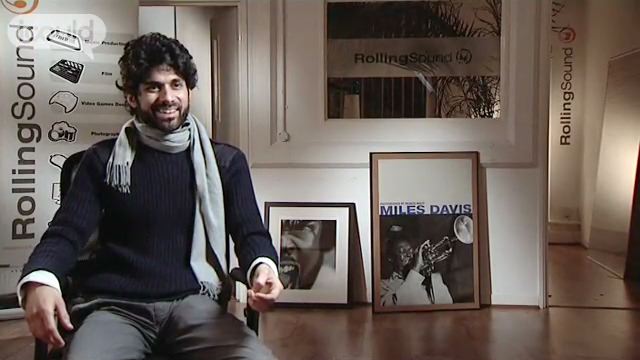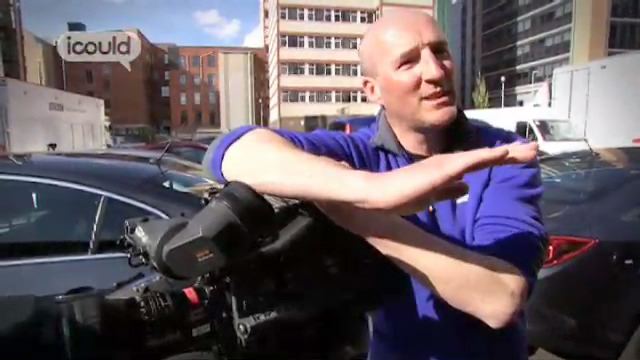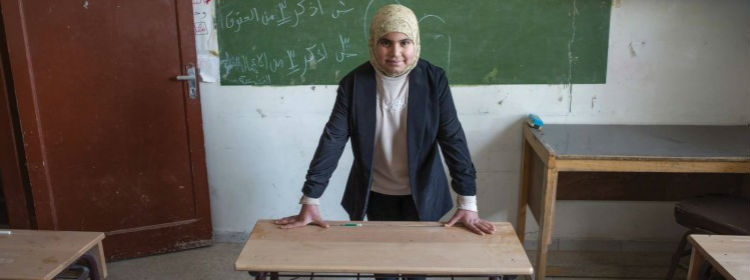Chief Operating Officer
BT Sport
|
|
Jamie H – BT Sport |
|
00:00 |
I’m Jamie H, Chief Operating Officer BT Sport. |
|
00:03 |
Well my job entails, I actually was brought report into BT to create 3 TV channels so it was initially about launching 3 TV channels based around the Premier League and it’s now running the 3 channels and making sure we stay on air, and that we put out what our audiences want. |
|
00:20 |
The BT Sport being based in the Queen Elizabeth Olympic Park we’ve got an 80,000 square foot production hub here and what a lot of people don’t realise in this area, is we have the biggest TV studio in the UK. The we have the biggest LED lit studio in the world. It’s about evolving very quickly and it’s about building for the future. |
|
00:37 |
We’re looking at ways of working with young talent as well and one of the key aspects for BT Sport is we’re based in East London not West London. There’s a great source of, especially technology infrastructure in East London and what we need to do is look at how we unlock that and how we bring those people into broadcast. Because new ideas, new emerging talent, challenging the traditional way of things work is what we need to do and we’re absolutely determined to do that. |
|
01:02 |
We want people to tell us why they want to work here and why they want to work in broadcast, not just because their parents do or because they think it sounds fun and sexy. So we’re determined to be accessible and to make sure that we bring the local community in. |
|
01:16 |
You need people who are focused on what they need to do, so we’re looking for creative thinking, not just creative on air but creative ways you do things and I’m a great believer the way I manage things is you’re allowed to make mistakes because that’s how you learn to do things different in the future. So, it’s about self starters, if you’ve got a technology bent even better, but it’s people who want to do this, want to make a difference and want to get involved. |
|
01:40 |
I left school at 16. I was in the top stream at school, but school didn’t suit me, I went into the RAF for a year, RAF didn’t suit me, I came down to London and joined the BBC. I joined the BBC 19 years ago, where I joined at the lowest grade, booking cabs, so my journey is, there’s no Ox-Bridge there, there’s no university there, it’s sheer hard work, but it’s also you know I changed direction at 42, and that’s quite old to change direction and I’ve been in quite a few different industries from getting a life time achievement award in the travel industry 6 years ago to doing production for the Olympics for the BBC to setting up a new TV channel, none of which I’d ever done before so I think it’s just about being given the opportunity and making the opportunity come available yourself and one of my other things, confidence, work hard and it pays off. |
|
02:32 |
At 16 I had no idea what I’d want to do, I hadn’t matured, I had no idea what my skillset was and it’s three different decades and there’s three different me’s and my career’s been three different ways, because as you mature, as you get older as you learn about yourself and it’s almost shocking to think that I tried to map out my whole future at 16. But the one thing I did do through all of that was work hard and I think if you’ve got that ethos you can do anything, to be honest. |
|
03:01 |
We don’t have an apprenticeship scheme at the moment but we are working on an apprenticeship scheme. We’re also working on training as well, we’ve got fantastic facilities here, we’ve got our own cameras we’ve got our own post production suites, how do we use those to actually work with schools, to work with local communities to give people the chance to learn on the job because people expect people to know and I don’t understand how that happens without people being able to come in and use the facilities. |
|
03:26 |
Yeah, getting your CV’s out there’s really hard. I think push for work experience. I think post production technology etc, these days you can do it in your bedroom, you can do it on your laptop, be creative, use the iPhone use technology to pull programming together to send ideas in and talk to people and it’s about, you know you can come and work on a programme, we don’t always pay people but you come in and build that experience up. But for me it’s about learning what broadcast really is, learning how to make the programmes and demonstrating you’ve got that creative bent. |
|
04:01 |
I think the one piece of advice I would give is be confident in yourself and judge yourself by your own performance. I think it’s too easy to have a CV I think it’s too easy to feel that you’re not up to peer pressure etc and I think believe in yourself and accept you can get things wrong I talk about that all time, but it’s absolutely critical, I get things wrong all the time and my career’s gone OK. If I didn’t get things wrong I probably wouldn’t be sat here now. |
|
04:27 |
End of Jamie H |
BT Sport has the biggest television studio in the UK on the Olympic Park site. Jamie oversees the three key BT television channels. He is keen for the organisation to be accessible and bring new, young talent in, especially from East London. Jamie left school at 16, joined the RAF for a year before getting a job at the BBC. He has since worked in a number of different organisations and has always had confidence and worked hard.
More information about Chief executives and senior officials
The UK average salary is £29,813
There are 37.5 hours in the average working week
The UK workforce is 47% female and 53% male
Future employment
- Analyses economic, social, legal and other data, and plans, formulates and directs at strategic level the operation of a company or organisation;
- Consults with subordinates to formulate, implement and review company/organisation policy, authorises funding for policy implementation programmes and institutes reporting, auditing and control systems;
- Prepares, or arranges for the preparation of, reports, budgets, forecasts or other information;
- Plans and controls the allocation of resources and the selection of senior staff;
- Evaluates government/local authority departmental activities, discusses problems with government/local authority officials and administrators and formulates departmental policy;
- Negotiates and monitors contracted out services provided to the local authority by the private sector;
- Studies and acts upon any legislation that may affect the local authority;
- Stimulates public interest by providing publicity, giving lectures and interviews and organising appeals for a variety of causes;
- Directs or undertakes the preparation, publication and dissemination of reports and other information of interest to members and other interested parties.
- Analyses economic, social, legal and other data, and plans, formulates and directs at strategic level the operation of a company or organisation;
- Consults with subordinates to formulate, implement and review company/organisation policy, authorises funding for policy implementation programmes and institutes reporting, auditing and control systems;
- Prepares, or arranges for the preparation of, reports, budgets, forecasts or other information;
- Plans and controls the allocation of resources and the selection of senior staff;
- Evaluates government/local authority departmental activities, discusses problems with government/local authority officials and administrators and formulates departmental policy;
- Negotiates and monitors contracted out services provided to the local authority by the private sector;
- Studies and acts upon any legislation that may affect the local authority;
- Stimulates public interest by providing publicity, giving lectures and interviews and organising appeals for a variety of causes;
- Directs or undertakes the preparation, publication and dissemination of reports and other information of interest to members and other interested parties.
- Analyses economic, social, legal and other data, and plans, formulates and directs at strategic level the operation of a company or organisation;
- Consults with subordinates to formulate, implement and review company/organisation policy, authorises funding for policy implementation programmes and institutes reporting, auditing and control systems;
- Prepares, or arranges for the preparation of, reports, budgets, forecasts or other information;
- Plans and controls the allocation of resources and the selection of senior staff;
- Evaluates government/local authority departmental activities, discusses problems with government/local authority officials and administrators and formulates departmental policy;
- Negotiates and monitors contracted out services provided to the local authority by the private sector;
- Studies and acts upon any legislation that may affect the local authority;
- Stimulates public interest by providing publicity, giving lectures and interviews and organising appeals for a variety of causes;
- Directs or undertakes the preparation, publication and dissemination of reports and other information of interest to members and other interested parties.
